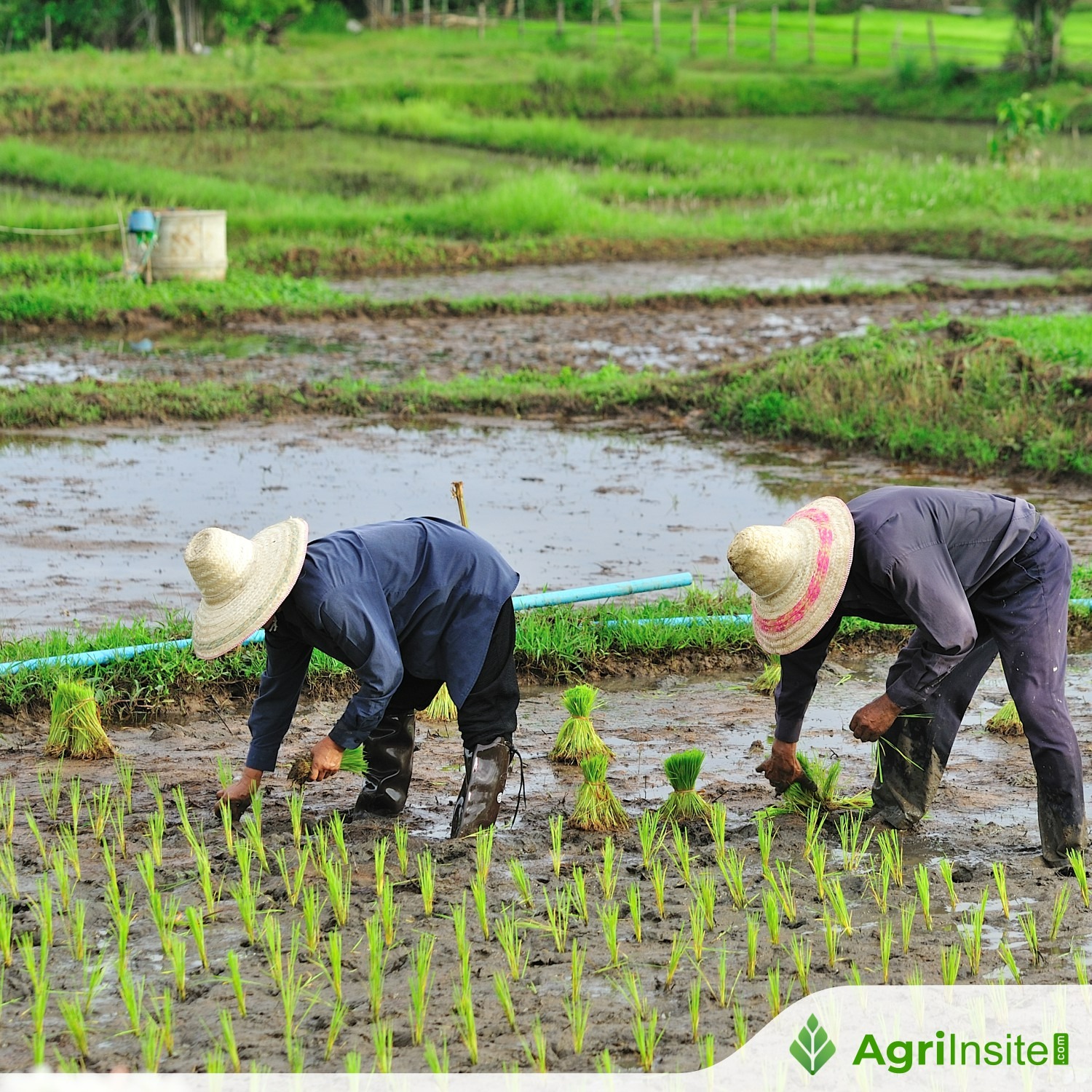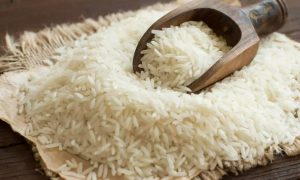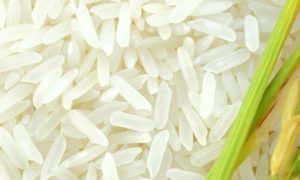Vietnam : Transforming Rice Farming to Combat Climate Change

Loc Troi, Vietnam’s largest rice producer, is aiming to scale sustainable rice farming following a successful pilot. Despite reducing pesticide use, water consumption, and emissions, only 5% of its exports are sustainable rice. Challenges include fragmented farms, the complexity of certification, and resistance from farmers due to the extra steps involved. Loc Troi is exploring ways to balance profitability, consumer demand for sustainable rice, and the logistics of large-scale adoption of the Sustainable Rice Platform (SRP). The company also faces competition in promoting its premium-priced, environmentally friendly rice.
Rice is considered both a villain and a victim of climate change. Rice, farmed conventionally, is not very sustainable as the flooding of rice fields creates anaerobic conditions in the soil, resulting in methane emissions. Methane from rice cultivation contributes to 12% of global annual emissions and has a high global warming potential. Moreover, increasing demand for rice drives deforestation as more land is cleared for rice cultivation – further exacerbating climate change. Rice farming also puts pressure on water resources, particularly in regions facing water scarcity. The use of fertilisers releases nitrous oxide (N2O) into the atmosphere, which is considered 300 times more potent than carbon dioxide (CO2). Continuous rice cultivation through conventional methods leads to soil degradation, including loss of soil fertility. The transportation and processing of rice grains also contribute to emissions, due to the usage of fossil fuels to power the machinery involved.
However, rice is a food staple for almost half of the world’s population, particularly poorer demographics, and its cultivation is increasingly threatened by extreme weather conditions. The challenge lies in finding sustainable ways to grow it while ensuring food security for billions.
In 2023, the Loc Troi Group (Loc Troi), the largest producer of rice in Vietnam, faced a pivotal moment in its journey. It had successfully implemented a pilot programme involving 1,000 farmers to grow sustainable rice using its sustainable rice platform (SRP), and was now planning to scale the initiative.
Nguyen Duy Thuan, General Director of Loc Troi, contemplated how this could be achieved. What strategies could Loc Troi develop and implement to scale the cultivation and distribution of sustainable rice?
How Loc Troi became a farmer’s friend
Loc Troi was set up in 1993 as a crop chemical supplier to Vietnam’s rice industry. Thereafter, the company focused on three business segments: fertilisers, seeds, and agrifood (primarily rice). It soon became the leading rice seed trader in Vietnam and gradually forayed into rice production.
The company began cultivating rice in 2006, adopting a business model known as ‘Farmers Friend’. Under this model, Loc Troi entered into contracts with farmers to grow rice and was responsible for collecting, processing, and selling the produce in the market at prices mutually agreed upon by both parties. The company also appointed agricultural engineers to help its farmers improve their yield. In eight years, the programme grew to reach an enrolment of 40,000 farmers and 1,300 engineers and was recognised by Guinness Vietnam as the biggest campaign of its kind in the country.
Loc Troi’s direct sales business model eliminated middlemen by connecting rice farmers with consumers and cooperatives. This helped the farmers increase their income, governed the quality of rice cultivated, and managed consumer demand more accurately.
Loc Troi also supplied seeds and fertilisers at subsidised rates, allowing farmers to save up to 20% on their production costs. In addition, the company focused on marketing branded rice in European supermarkets, enabling farmers to sell their produce at higher prices.
In 2016, Loc Troi ventured into growing sustainable rice. In 2018, it ran a larger pilot initiative using SRP, in partnership with the International Finance Corporation. SRP involved 46 steps and environment-friendly farming practices. For instance, drones were deployed to sow and fertilise rice, automated machinery was provided to coordinate harvesting, diagnose and manage crop diseases at an early stage, and integrated farming methods like rice-shrimp farming were also implemented.
The pilot programme enrolled over 3,500 rice farmers, with Loc Troi supporting them through multiple initiatives, such as training on farming techniques, field guidance, transportation, processing and packaging of rice, construction of storage facilities, provision of safety equipment for pesticide application, tools for water level measurement, information on warning signs, coordination of organisational efforts, and the management, collection and disposal of plant waste from the farms.
Challenges despite successes
The pilot initiatives reduced pesticide use by 12 percent, water use by 25 percent, and greenhouse gas emissions by a third. The cost of producing SRP rice was lower as well – US$582 per hectare as compared to US$642 using conventional farming. Loc Troi was also able to sell its SRP rice at a premium, providing farmers with an 18 percent increase in profits.
Yet the company continued to struggle to convince farmers to grow sustainable rice –which as of 2023, constituted only 5 percent of its total export volume. Most farmers were apprehensive of the multiple steps and additional tools involved in employing SRP. Besides, rice fields in Vietnam were small and fragmented – hence, implementing standardised processes amongst thousands of small farms was very time-consuming. SRP certification, a stringent process, also required strong collaboration amongst farmers, researchers, experts, and certifying bodies.
Thuan mulled, “How could Loc Troi implement large-scale farming of sustainable rice? Would its consumers be willing to switch to sustainable rice, and pay a premium for it? How could Loc Troi balance the various trade-offs, remain profitable, and expand its sustainable rice business? “
To read more about Rice News continue reading Agriinsite.com
Source Link : SMU














